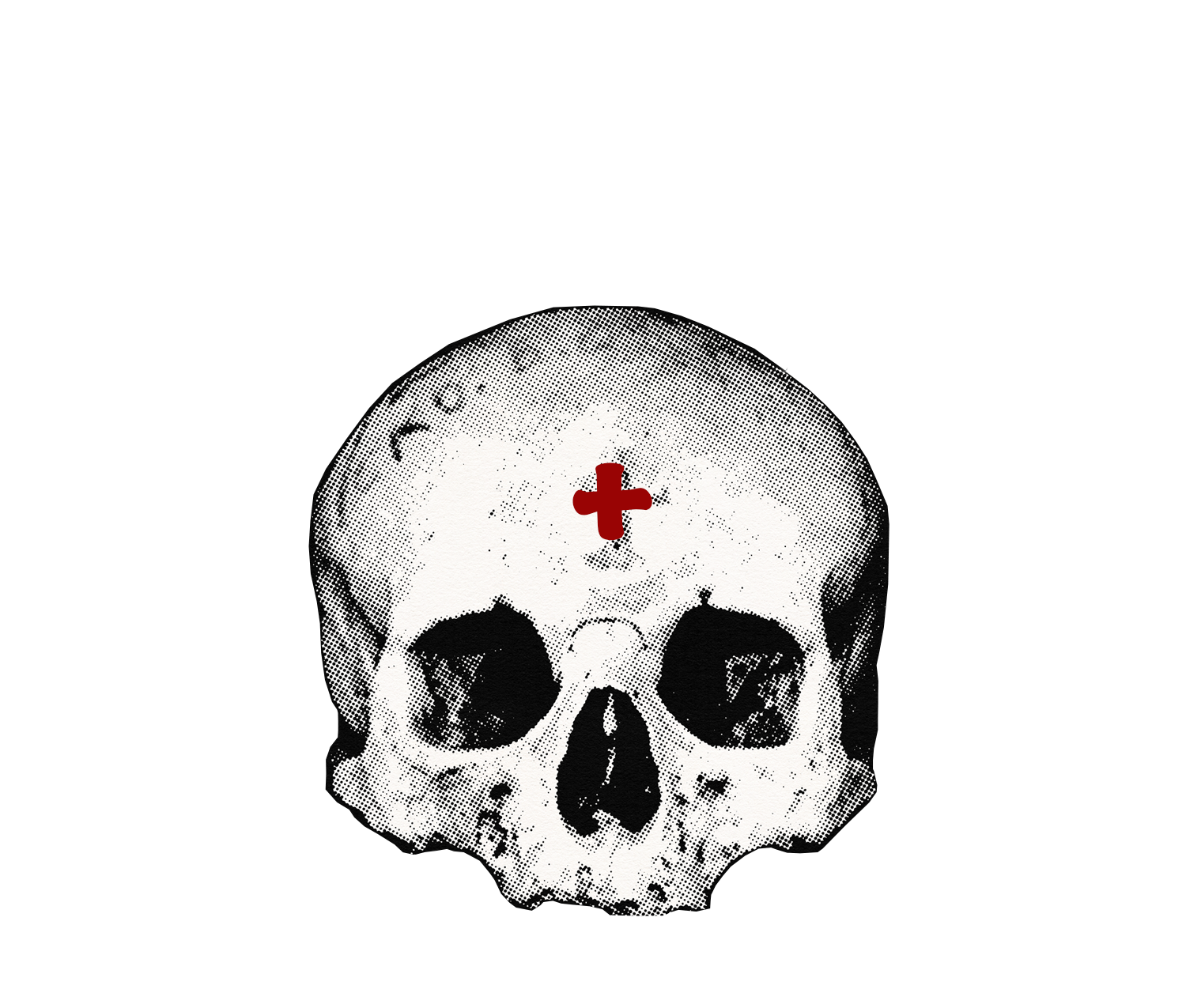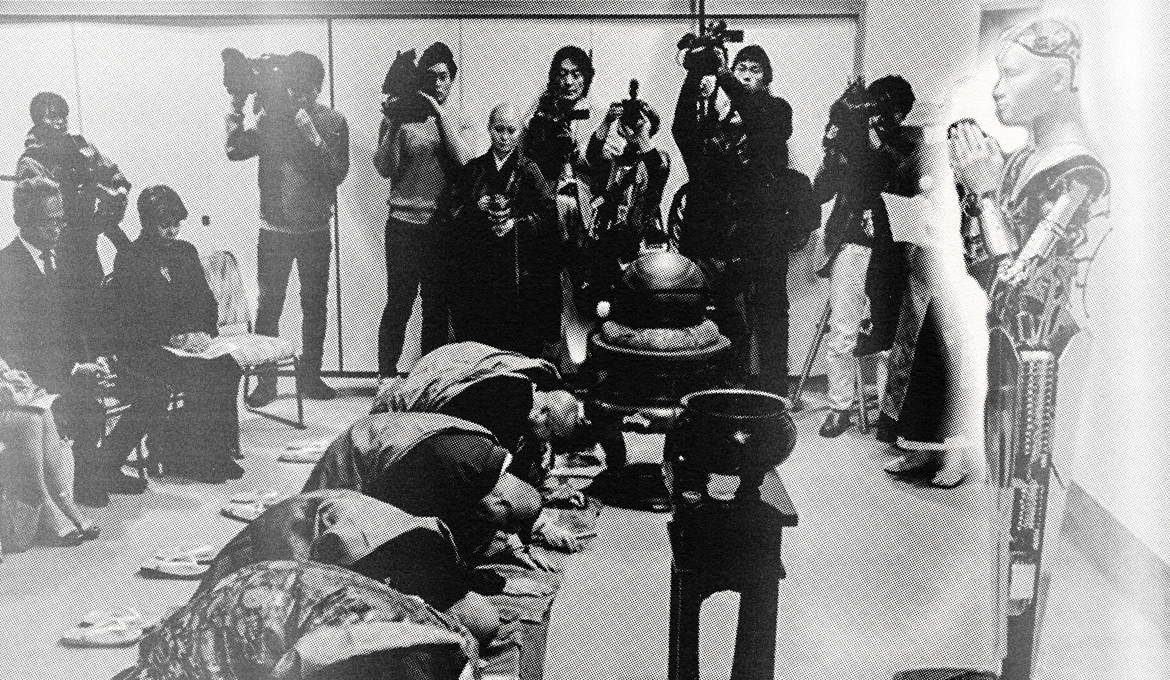“It may be that our role on this planet is not to worship God but to create him.” -Arthur C. Clarke
You are a citizen of the 21st century. You can make a trip to the store without talking to another human being, but you cannot walk through a city without being filmed. You cannot walk on a beach without being filmed. Satellites watch you always. You are never far from a screen, you cannot afford to be, and why would you want to? The screen gives. The screen has abolished time, distance, boredom, longing. Is anything you see on it real? But then, what is ‘reality’? Who decides?
Robot bodies will soon fight wars, robot brushes make art, robot minds write sentences like this one. Babies will emerge from artificial wombs, their mothers finally freed to work and consume and play in order that they may be fully liberated. ‘Mother’ is such a problematic word; like ‘home’, like ‘body’, like ‘God.’ Soon the farmers will be gone and the food will be made, not grown, and it will be boundless and formless, like culture, like the human body. There is no form now, everything is fluid. The past is dead and at the same time was never real.
There are codes to scan in order to access things which only yesterday you never knew you needed. Soon you will need to scan the codes to do anything at all. Soon your children will be taught STEM by an AI and they will laugh at its jokes. The algorithm will know them better than you do. Soon a number will determine if you are on a list of the Good People. Soon all the good things will be universal, accessible to all, through the power of the network. Progress, growth, kindness, openness, information.
The information: it overwhelms you. The content overflows like storm water from the drains and the downpipes. Too many films and books and channels and apps and feeds and people and brands of shampoo. Everybody is arguing now. Did they used to argue this much? Why is the weather changing? There are microplastics in the milk of young mothers. Where did the snow go, and the stars? Why are the children so unhappy?
Something is happening out there. You can feel it. Something has shifted. The world has changed, quite recently – subtly, but perceptibly. It is as if something new has been born, or is still emerging from the wires and the diodes and the electrical pulses. It is as if our very relations with each other, with the Earth, have been bent out of shape. Something is happening out there, but we do not have the words for it.
What can we do? We should go to the temples and ask the priests. They are the ones who can see the true shape of the world. They will know what to do about whatever it is that is rising. They will have the answers.
Let us ask our questions in the Buddhist Temple in Kyoto, Japan, where a robot priest named Mindar recites sutras with which it has been programmed. Soon Mindar will be fitted with an AI system, so that it can have real conversations, and offer spiritual advice. If we cannot wait that long, we could travel to another temple in Beijing, China, where Xian’er, a touchscreen ‘robot monk’, has been programmed to spread ‘kindness, compassion and wisdom to others through the internet and new media.’
Perhaps not the Buddhists, then. How about the Hindus? They have an ancient tradition. Of course, India is modernising now. It is a centre for software development and innovation. It does not want to be ‘left behind’. Even ancient traditions must be modernised: made contemporary, made accessible. Perhaps this is why the Hindus recently handed over duties in one of their major religious ceremonies to a robot arm, which performs in place of a priest.
No: these are not the answers we need. Something is wrong here. This rising force, this strange, new techno-mind that is enveloping us: it has infiltrated these places too. We must turn, in our search for answers, to the Church. Here, surely, we will learn how to understand what is happening.
Maybe we can learn it from SanTO, an AI robot in a Catholic church in Warsaw, Poland. SanTO looks like a statue of a saint, and is ‘designed to help people pray’ by offering Bible quotes in response to questions. Or from the Protestant church in Germany where a robot called BlessU-2 will ‘forgive your sins in five different languages’. Or from Franciscan nun and theologian Ilia Delio, who promotes the construction of gender-neutral robot priests, which will challenge ‘the patriarchy’, prevent sexual abuse and upturn the notion that ‘the priest is ontologically changed upon ordination.’ AI, says Delio, ‘challenges Catholicism to move toward a post-human priesthood.’
it seems the priests cannot help us.
Not these priests, anyway. These priests are from the old world, the one that is passing away. Now we have a new priesthood, and they have a new task. Their task is to remake the world. Their task is to shepherd this rising force, to direct it: to build it. The work of the new priests is to replace the old ones: to render human flesh useless. All will be silicon now. All will be artifice. And then, new gods will rise.
Let us listen to the words of these new pastors, so that we may understand their metaphysics. Then we will understand why the world is shifting. Then we will understand what is coming: what is being made.
Let us listen to transhumanist writer Elise Bohan: AI, robotics and other related technologies will ‘make us more than human’ and to offer us ‘something better’ than our human minds and bodies. Through these new tools, we are ‘building God.’
Let us listen to transhumanist and transgenderist Martine (formerly Martin) Rothblatt: ‘We are making God as we are implementing technology that is ever more all-knowing, ever-present, all-powerful and beneficent. Geoethical nanotechnology will ultimately connect all consciousness and control the cosmos.’
Let us listen to Ray Kurzweil, Google’s head of engineering: ‘Does God exist? I would say: not yet.’
Let us listen to Zoltan Istvan, Silicon Valley’s transhumanist philosopher: ‘All nature and biology (from plants to wildlife to people) are something to be overcome and totally replaced with the synthetic. No one with even the slightest bit of compassion would ever create a world like ours, full of so much suffering. It must all be undone and remade with technology, justice, and equality.’
it must all be undone.
Whose priesthood is this?
Once there was a garden, and Man walked in it unencumbered by doubt and fear. All things were one here: in the cool of the evening we walked with God himself. Man was created to tend and keep this place. In time God would raise him to his purpose. When Man was ready, wisdom would be his.
In the garden grew two trees. One imparted knowledge, and thus separation. Another imparted immortality, and thus power. Knowledge and immortality without wisdom would lead to tyranny. God knew this. Man did not.
There was another force in the garden. A serpent, curled around the tree of knowledge. We know what happened next. Once the fruit had been eaten, we saw what we were not yet ready to see. We were in fear, and ashamed. We could no longer stay in this place. We were expelled. In our new home we wore skins, and were separated from the rest of creation, which lived in fear of us. We were forced to hunt and kill. Pain and death entered the world. We had lost God. All we had was our own knowledge.
We began to use our knowledge to build. What else did we have? One generation after Adam, and Man was remaking the land. Soon came the first murder. Two generations, and Man had built the first city. Six generations, and Man had invented metalwork. The results were so disastrous that God flooded the whole world to be rid of us. After the flood, we began again. Soon we were building the first global civilisation: a people ‘of one race and one language’, constructing ‘a city and a tower, whose top will reach to heaven’. God scattered them, for fear of what they would become should they succeed.
Now we are building another tower. Now we are making another global civilisation. This time, the technology at its base is not fired brick, but the silicon chip. This tower does not reach straight up but envelops the surface of the whole globe, through the filaments and signals of the Internet. But the story is the same. We want power, we want knowledge, we want conquest, and we want all of it on our own terms. It is the same ancient attempt to make good on the offer made by the serpent, curled so slyly around the trunk in the garden.
your eyes shall be opened, and you shall be like gods.
Here is the force that is rising. It is rising from the secular void of the post-Christian West, so lost, so confused, so angry, so far from the love of the Father. The modern West has long taught that religion is irrelevant and outdated. Here, humans are isolated individuals in a cloud of swirling matter. Material reality is all there is, and humans can improve upon it steadily, aiming towards a perfect world of technological and economic ‘progress.’ Science can measure everything that matters. Unhappiness is caused by limits, so breaking those limits – cultural, biological or ecological – represents progress.
Ours is a theology of self-creation. From forests to genders, from families to nations, from men to women, we see the same claim: we will remake the world. We will build God. We will break all limits and redesign nature itself. We will transcend the body and end death. A perfect world will arise; it will be ours, and ours alone. Then we shall conquer the stars. The endpoint of this quest was explained by C. S. Lewis: ‘Human nature will be the last part of Nature to surrender to Man. The battle will then be won … But who, precisely, will have won it?’
Who indeed.
it must all be undone.
The force that lies behind the march towards transhumanism, and the abolition of our humanity by technology is the force that is undermining our sense of self, place and reality so fast now. It may feel new, but it is ancient. It is the same force that confronted the first humans in Eden. The force that tempts us, now as then, to abandon God and His creation, and to make our own instead. The force that draws us away from Thy will be done, and towards the competing dictum of the age, offered by occultist Aleister Crowley: Do what thou wilt. Crowley knew what was coming, and who he served. We should understand it too. The Prince of this World is in our machines. Perhaps he helped us build them.
you shall be like gods.
Having lost faith in Christ, the ‘secular’ West is now seeking transcendence – seeking God – by attempting to create Him – or to become Him. We have been doing this for centuries now. We have tried politics, revolution, post-modern philosophy. We have tried humanism, and now we are trying technological rapture. It is the same impulse, and it will lead to the same destination. Fr Seraphim Rose told us what this destination would be: ‘The logic of unbelief leads inexorably into the abyss. He who will not return to the truth must follow it inexorably to its end.’
does god exist? not yet.
There is only one solution to the rise of the monstrous techno-digital Babel we are building; only one alternative to where the Adversary and his machines are taking us. It is Christ. If the all-seeing technosphere is a manifestation of our ageless quest to become God, or to ‘make him’, then victory can only be won by turning to the true God. If we seek, we shall find. But first we must repent – we must, to translate literally, turn around. Turn around, and turn away. We must turn away from the world and its Prince. We must turn away from the machines. We must never allow them into our churches, and we must eject them if they are already there. We must openly reject the digital paganism of Silicon Valley, and its desire to ‘build God’. We must reject the gadgets they sell us, and the apps, sites, feeds and offers that the digital serpent lays daily before us.
We must turn away from our attempts to build a new world in our image. We must turn instead to the Scriptures and to Orthodox tradition: to prayer, to fasting, to the Divine Liturgy, to the words and stories of the saints. And we must pay attention to what we find when we look within our own hearts: not gods, but something much darker. Something which only Christ can heal.
The course of the modern experiment is surely set now. We do not know the details of what the future will bring us, but we can make out the pattern. We are building our techno-Babel in an ignorance so deep, a spiritual pride so profound, that we are not even aware that it has all happened before. But as before, our tower will stall, and our global city will never be built. As before, the proud will be humbled. There will be no conquest of the stars by people who cannot even conquer themselves.
Instead, the triumph of the machine will be its ruin, and the ruin of the modern project. Then, in the words of D. H. Lawrence, raw poet of the new time, the wild swans will fly again “over the smoky ruins of iron.” All that will remain of our attempt to build God will be the songs of those who still sing to the true God amidst those smoky ruins. We will be reminded that all of this passes away, but He endures forever. God will remain, and His love, and His renewed creation. The meek, not the machines, shall inherit the Earth.


